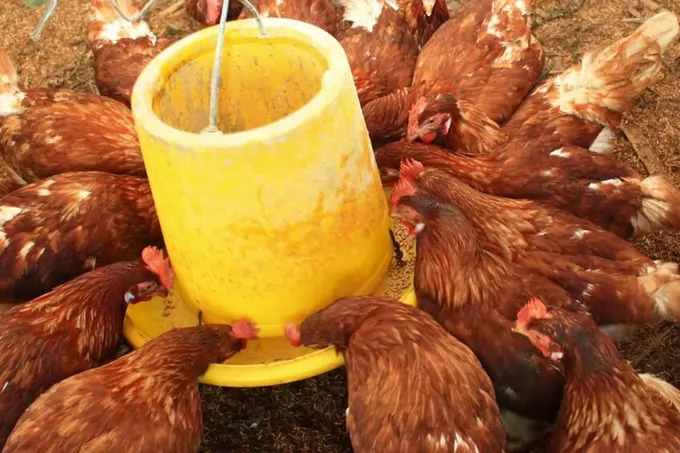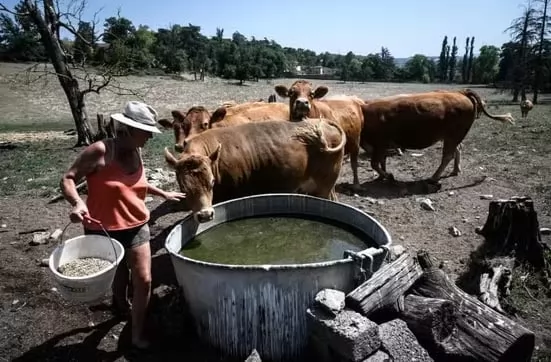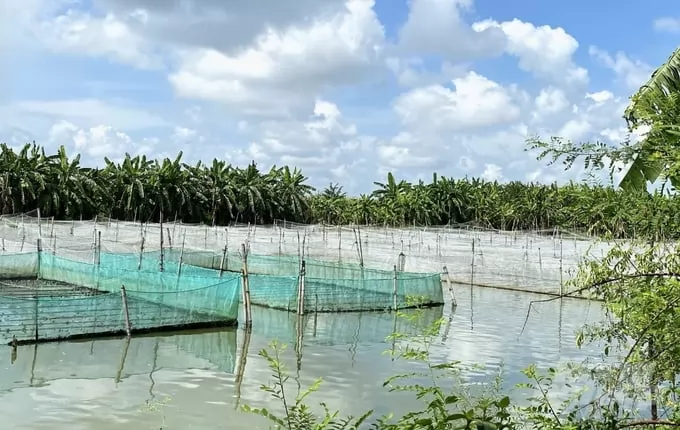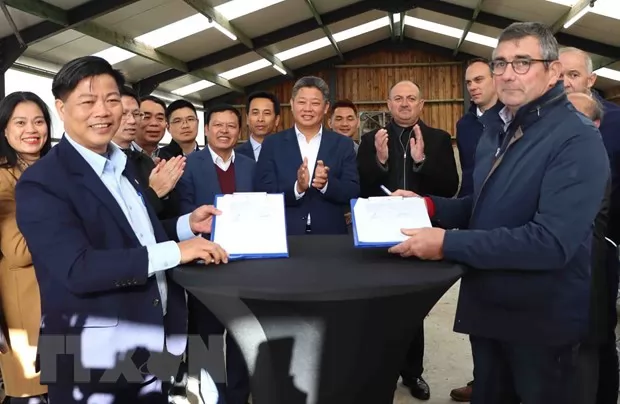Further pause in introduction of new standards for laying hens

RSPCA Assured has further extended its current pause on the introduction of new standards. Photo: Canva
(VAN) RSPCA Assured has further extended its current pause on the introduction of new standards for laying hens, pausing its rollout for 9 months.
The move follows pressure from the poultry sector, which have been asking for producers to be at the heart of standard development and assurances that any new standards are based on sound scientific evidence. Back in March, the RSPCA Assured announced a 3-month pause.
It means that RSPCA Assured laying hen scheme members can continue using the current version of the standards published in 2017 and that:
New laying hen standards will not be implemented until 1 February 2025 with natural daylight requirements no longer required until 1 January 2031.
A commitment from RSCPA Assured to enact a robust engagement plan, with intentions to consult with NFU members through a series of meetings.
The implementation of a new standards project team.
A commitment to holding UK-based trails for the new requirement of natural daylight in laying hen housing.
Practical and workable
James Mottershead, NFU poultry board chair, welcomed the further pause and review by RSPCA Assured: “We recognised that the extended pause on implementation of these standards to 9 months will allow for proper engagement and much-needed consultation with the poultry sector, especially egg producers – a point we have always said is absolutely vital to ensure that the standards are practical and workable and deliver a true benefit for welfare outcome measures.
“We acknowledge that a number of other positive moves have been made such as a commitment to carry out UK on-farm trails and the introduction of a dedicated project team. However, there are still questions to be answered regarding resources such as funding and how RSPCA Assured intend to act upon feedback from the poultry sector to inform meaningful changes where required to their standards.”
“…we have to be flexible”
Kelly Grellier, interim chief operations officer at RSPCA Assured, said: “Our members are fundamental in helping us improve hen welfare. Therefore, ensuring we listen to them and provide proper support to help them meet the new standards is our top priority. To do this effectively, we have to be flexible. Extending the current pause until 2025 will give us more time to talk to more members and offer more support tailored to their specific needs.”
RSPCA and RSPCA Assured will be developed UK-based case studies to demonstrate how natural daylight can be practically applied in a variety of laying hen farming systems, such as multi-tiered, flat deck, free-range and barn. When each case study is completed, it will be shared with both RSPCA Assured members and industry.
“In addition to case studies and in person support, we will continue to review how we can improve engagement with members and the industry when development news standards,” she added.
HD
(PW)
Maybe you are interested

Farmers in southwest France express growing concern over the ongoing heatwave
Orchardists, winegrowers and livestock farmers fear the negative impact of the current heatwave on their production.

Frog farming struggles due to breed degradation and contamination
Frogs raised in Thap Muoi district, Dong Thap province show signs of low productivity and poor disease resistance because of degraded farming areas.

Hanoi, Belgium\'s Wallonia develop 3B bull breed
A working delegation led by Vice Chairman of the Hanoi People's Committee Nguyen Manh Quyen visited and held a working session with Belgimex, supplier of Blanc Blue Belgium (3B) bulls...





